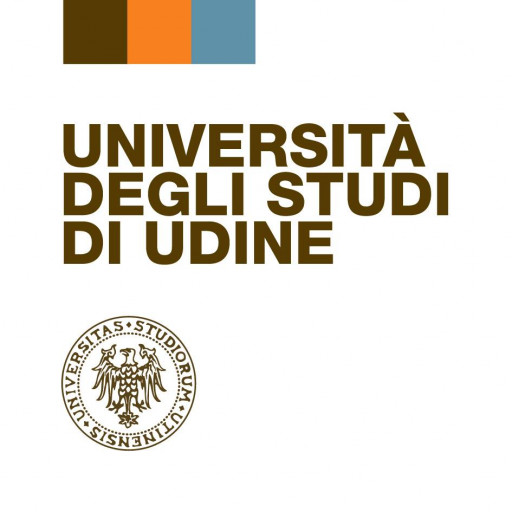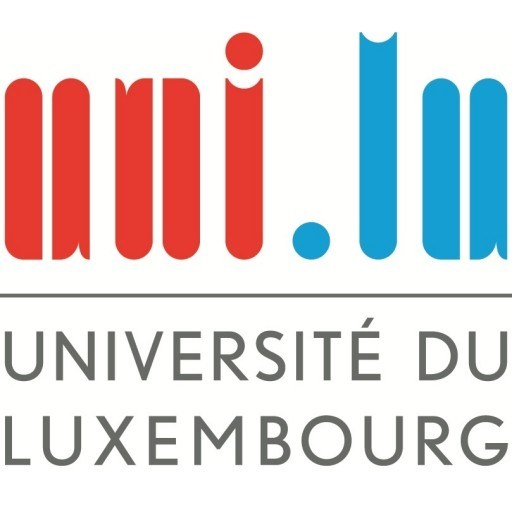Photos of university / #cambridgeuniversity
Veterinary Medicine at the University of Cambridge is a highly esteemed and rigorous program designed to prepare students for a professional career in veterinary science. This program combines advanced scientific knowledge with practical clinical skills, fostering a comprehensive understanding of animal health, disease prevention, diagnosis, and treatment. Students will engage with a broad curriculum that includes anatomy, physiology, microbiology, pathology, pharmacology, and animal behavior, alongside specialized training in small and large animalmedicine, surgical techniques, and emergency care. The course emphasizes evidence-based practice, ethical considerations, and the importance of interdisciplinary collaboration within veterinary science. Throughout the program, students benefit from state-of-the-art laboratories, clinical placements at leading animal hospitals, and close mentorship from renowned academics and practitioners in the field. The program aims to develop not only proficient veterinarians but also professionals capable of contributing to research, policy-making, and leadership in animal health and welfare. Graduates will be well-equipped to pursue registration as veterinarians and to succeed in diverse careers across private practice, research institutions, governmental agencies, and international organizations. The University of Cambridge's Veterinary Medicine program is committed to fostering academic excellence, ethical responsibility, and compassion, ensuring that students are prepared to make meaningful contributions to animal and human health worldwide.
There is no formal teaching as this is a research-only degree.
| One to one supervision |
The student is assigned a primary supervisor and an advisor. The number of hours of formal supervision will vary depending on the student, supervisor and project as well as varying over the course of the PhD. The University of Cambridge publishes an annual Code of Practice which sets out the University's expectations regarding supervision. |
|---|---|
| Seminars & classes |
The student is expected to attend journal clubs and departmental seminars. Other classes are decided by student and supervisor and the number of hours is not set. |
| Practicals |
None except research project work. |
| Small group teaching |
The number of hours is not set, except that there is a minimum requirement for generic skills training. |
| Journal clubs |
There is a Departmental Graduate Journal Club once per month. Student may also be expected to attend individual lab group journal clubs. |
| Literature_reviews |
Recommended to complete in first four months of arrival. |
| Posters |
Student is expected to present at the weekly seminar slot to the Department at the end of their first year. They are also expected to participate in the bi-annual Departmental research days at least once during the course of their PhD by presenting posters and/or short oral presentations. |
Placements
Depending on the funder, some courses include a three month industrial placement.
Feedback
Students can expect to receive a formal online feedback report from their supervisor once per term. Feedback will also be available following the examination of the first year report. More informal feedback from supervisor will be provided as required.
Assessment
Thesis
This course is examined by dissertation and viva. The thesis must be no longer than 60,000 words (or 80,000 by special permission of the Degree Committee). These limits exclude figures, photographs, tables, appendices and bibliography. The dissertation is examined at a viva by one Internal Examiner and one External Examiner.
Other
All PhD students are required to undergo formal assessment (by written report and viva) at the end of their first year. If successful, the student moves from being 'probationary' to being registered for the PhD and can proceed with their project.
- Magistr (Master's Degree) at Pass level. Diploma Specialista (completed post-1991) with a minimum overall grade of good or 4/5 Bachelor's from Moscow Institute of Physics and Technology and other prestigious institutions with an overall grade of 4/5 Bologna Bachelor's from other institutions with an overall grade of 5/5, Excellent
- Diploma Specialista (completed post-1991) with a minimum overall grade of Excellent or 5/5 Bachelor's from Moscow Institute of Physics and Technology and other prestigious institutions with an overall grade of 5/5
- IELTS (Academic) 7.0
- TOEFL Internet Score 100
- £50 application fee
- First Academic Reference
- Second Academic Reference
- Transcript
- CV/Resumé
- Personal Reference
Selection Process
Applications are accepted and considered on a rolling basis.
All candidates that submit an official application will be interviewed. We would aim to interview within one month of receiving the application and notify the candidate within one week of the outcome of the interview. However at peak times or in exceptional circumstances this make take longer.
If accepted by the Department the application would then move on for consideration by other offices in the University.
Offers made of places on this course are conditional on clearing any security checks the University deems necessary. Security checks are routinely required for all individuals involved in research activities that include working with sensitive information; working with children and vulnerable adults; working with live animals or with tissues supplied from live animals or working in an environment in which such work is pursued by others; working with dangerous pathogens or in a category 3 containment laboratory; or working with some other sensitive technologies. Where necessary the University will ensure that applicants are not disproportionately impacted by the requirement for any security checks by allowing new students to take up places and start appropriate areas of their work prior to a check in other areas being completed.
The Veterinary Medicine program at the University of Cambridge offers a comprehensive and prestigious education that prepares students for a career in veterinary science, animal health, and medical research. The program is heavily subsidized by the university and the UK government, making it accessible to both domestic and international students. Currently, the standard tuition fees for home students are set according to government regulations, with annual fees for Veterinary Medicine typically around £13,000 to £20,000. International students are charged higher fees, generally ranging from £50,000 to £60,000 per year, reflecting the higher cost of international tuition.
In addition to tuition fees, students should consider additional costs associated with living expenses, such as accommodation, food, transportation, and study materials. The university recommends budgeting approximately £10,000 to £15,000 per year for living expenses, though this varies based on individual circumstances and lifestyle choices. The university offers various financial support options, including scholarships, bursaries, and loans. For domestic students, the UK government provides student loan schemes that cover tuition fees and offer maintenance loans to support living costs. These loans are repayable upon graduation, based on income levels.
International students are encouraged to explore external funding opportunities and scholarships offered by governmental or private organizations. The University of Cambridge also has its own financial aid programs, which are highly competitive but provide substantial support for outstanding students. Students are advised to apply early for scholarships and financial aid to secure funding opportunities.
Work opportunities during studies are limited due to the demanding nature of the course; however, some students may engage in part-time work or internships related to veterinary sciences during vacations with university approval. The program's combination of subsidized tuition, the availability of financial aid, and the possibility of part-time work helps alleviate financial burdens for students pursuing veterinary medicine at Cambridge.
The Bachelor of Veterinary Medicine (BVetMed) at the University of Cambridge is a prestigious and highly selective undergraduate program designed to prepare students for a career in veterinary medicine. The course aims to provide a comprehensive understanding of animal health, welfare, and disease, integrating scientific, clinical, and practical knowledge. Students spend significant time in laboratories, farms, and veterinary practice settings, gaining hands-on experience alongside theoretical learning.
The curriculum covers a broad range of topics, including anatomy, physiology, pharmacology, microbiology, pathology, and clinical veterinary medicine. Emphasis is placed on developing diagnostic skills, understanding pharmacological treatments, and learning animal management techniques. The program also stresses the importance of ethics, animal welfare, and the social implications of veterinary practice. Students are encouraged to engage in research and stay abreast of the latest developments in veterinary science through seminars, workshops, and independent study.
Throughout the program, students participate in clinical rotations, where they work directly with animals under the supervision of experienced veterinarians. This practical training is integral to developing confidence, communication, and professional skills necessary for a successful veterinary career. The course also prepares students for the mandatory registration with the Royal College of Veterinary Surgeons (RCVS) required to practice as a veterinarian in the UK and other countries.
The faculty at Cambridge includes renowned experts in veterinary medicine, biomedical sciences, and animal welfare, fostering an environment of innovation and inquiry. The university's state-of-the-art facilities, including laboratories, clinical skills centers, and research institutions, support cutting-edge teaching and research. Graduates of the program go on to careers in clinical practice, research, education, or policy-making, contributing to animal health and welfare worldwide.
Students benefit from Cambridge’s rich academic tradition, collaborative learning environment, and extensive network of professional contacts in the veterinary field. Admission to the program is highly competitive, with candidates evaluated based on academic excellence, relevant experience, and motivation for a career in veterinary medicine. Overall, the Veterinary Medicine program at Cambridge offers a rigorous and rewarding pathway for future veterinarians dedicated to advancing animal health and welfare.









